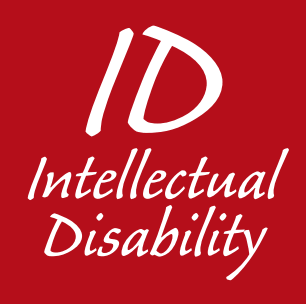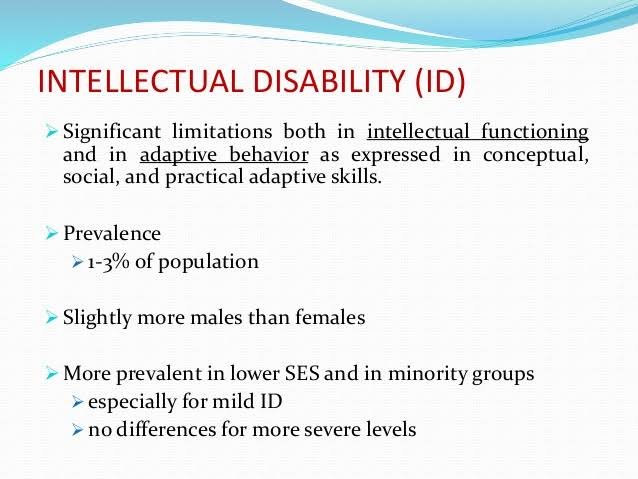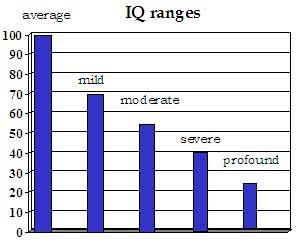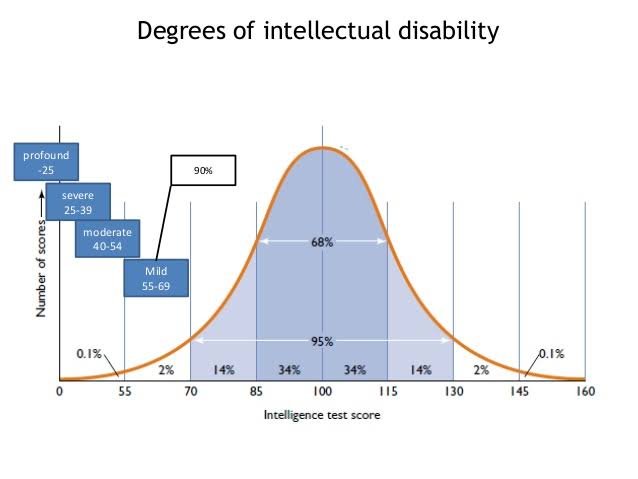INTELLECTUAL DISABILITY: IT'S MISCONCEPTIONS, CONCEPTIONS AND PREVENTIVE MEASURES.
Over the years, the term Intellectual Disability has been wrongly viewed, interpreted and understood. Even a couple of literates, who have been termed to be educated in their respective field of interests are still novice in the conception of Intellectual Disability, as they have wrongly quoted the term and labeled the people affected.
It should be noted that Intellectual Disability is not a disease. A disease can be viewed as an illness, lasting for a specified period of time. In the case of Intellectual Disability, it lasts for a lifetime and cannot be effectively treated, but duly prevented.
.jpg)
Also, it is not a curable condition because there is no proven medication prescribed or found by scientists to cure Intellectual Disability. However, there are medications prescribed for other accompanying diseases that may occur concomitantly with Intellectual Disability. These include drugs for Hyperactivity like Ritalin, and drugs for Seizures disorders like Tegretol.
Intellectual Disability is not madness. A mad man is one considered to be insane, and seriously mentally ill. They are being taken care of in a psychiatric clinic. Although, Intellectual Disability occurs during developmental periods as a result of incomplete mental development.
.jpg)
It should be noted that Intellectual Disability is not contagious. It cannot be transmitted or communicable to others, through physician contact, environmental contact, or through blood contact of affected person's. Therefore, Intellectual Disability is not an infection.
According to the United States Department of Education (2000), Intellectual Disability is defined as significantly sub-average general intellectual functioning, existing concurrently with deficit in adaptive behaviour and manifesting during the developmental period, which adversely affects the child's academic performance.
.jpg)
Intellectual Disability is a cognitive disability characterised by a state of incomplete mental development which results in significant limitation in intellectual functioning and adaptive skills and behaviours.
.jpg)
Consequently, Intellectual Disability is a disability characterised by significant limitation both in intellectual functioning and adaptive behaviour, which covers social and practice skills for everyday life. This disability originates before age 18. (American Association on Intellectual Developmental Disabilities (AAIDD) 2012).
.jpg)
Imperatively, Intellectual Disability exists as a combination of three characteristics. They are;
•Intellectual quotient of 70, and below,
•Significant limitation in adaptive behaviour,
•An onset of the disability occurring before age 18.
.jpg)
In my next article, I would be focusing more and explicitly talking about the causes of Intellectual Disability, and the diagnostic criteria, as well as the preventive measures and treatment of Intellectual Disability.
@drotto